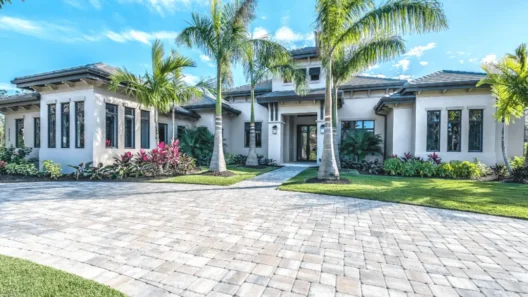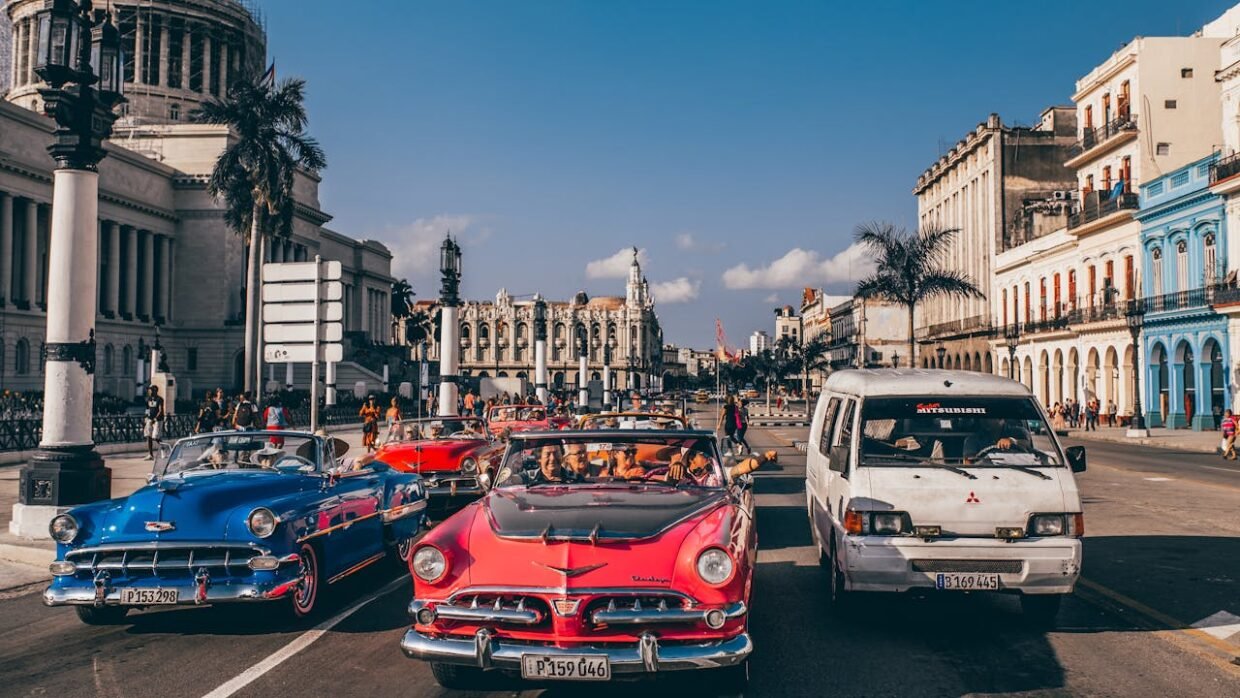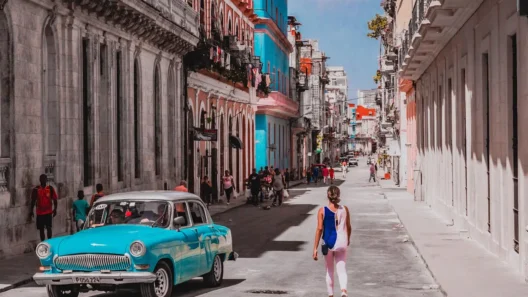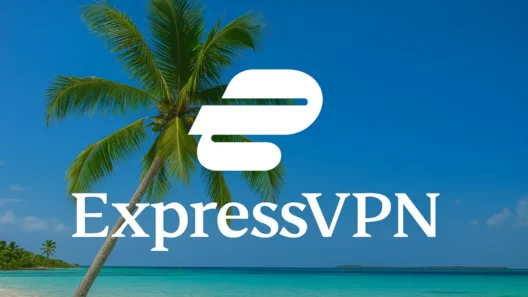Figuring out the actual cost of living in Cuba can feel like trying to put together a puzzle where half the pieces are missing. Cuba is a unique mix—gorgeous beaches and old-school cars on the outside, but on the inside, daily life has its own rhythm and quirks.
Here’s everything you need to know if you’re thinking of spending a few months, moving for good, or just curious about what daily life will do to your wallet.
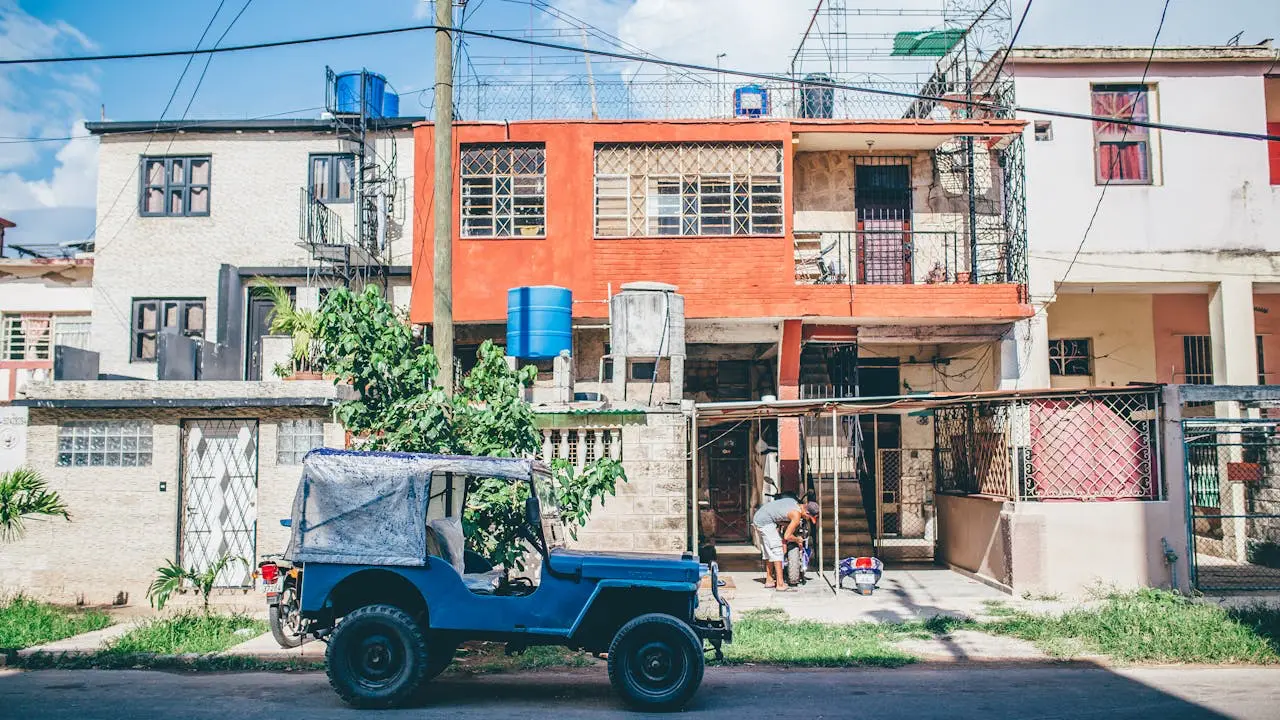
Living Costs: What You’ll Spend Each Month
Let’s start with the numbers. For a family of four, plan for around $2,320 per month (excluding rent). If you’re solo, it drops to about $684 per month (again, no rent). Rents are lower than in most European countries—roughly 43% less on average—so your money can stretch further if you’re careful.
- 1-bedroom apartment in Havana (city center): $337/month
- 3-bedroom apartment in the center: $904/month
- Outside the center: Prices vary, but expect to pay less—just watch out for higher utility bills or fewer amenities.
Eating and Drinking: Markets vs. Restaurants
Food prices swing a lot, but here’s a rough guide to what you’ll see:
- Inexpensive meal at a local restaurant: $6
- Three-course dinner for two at a mid-range spot: $25
- Beer: Local $2 (0.5L), Imported $2 (0.33L)
- Cappuccino: $1.60
- 1L milk: $2.90
- Bread (500g): $1.20
- Chicken (1kg): $5.25
- Eggs (dozen): $3.30
Imported products can be pricey, so if you want familiar brands or “Western” treats, budget a bit more. Local fruit and veggies are affordable, but variety can change seasonally.
Transport, Utilities, and Mobile Data on Cuba

- One-way ticket on local transport: $0.20
- Monthly pass: $22.50
- Taxi (1km): $0.50
- Gasoline (1L): $1.25
- Internet (60Mbps, unlimited): $225.88/month (yes, really—good Wi-Fi is expensive!)
- Mobile plan (calls + 10GB+ data): $35.20
Most Cubans rely on public transport, but expats and visitors often use taxis for comfort and reliability. Traffic can get intense, especially in Havana, so give yourself extra time to get around.
Health Care & Quality of Life Cuba
Healthcare in Cuba is famous for being accessible, and many visitors are surprised by the friendliness of staff and affordable care. Expect moderate quality, decent equipment, but slower service and longer wait times in public hospitals.
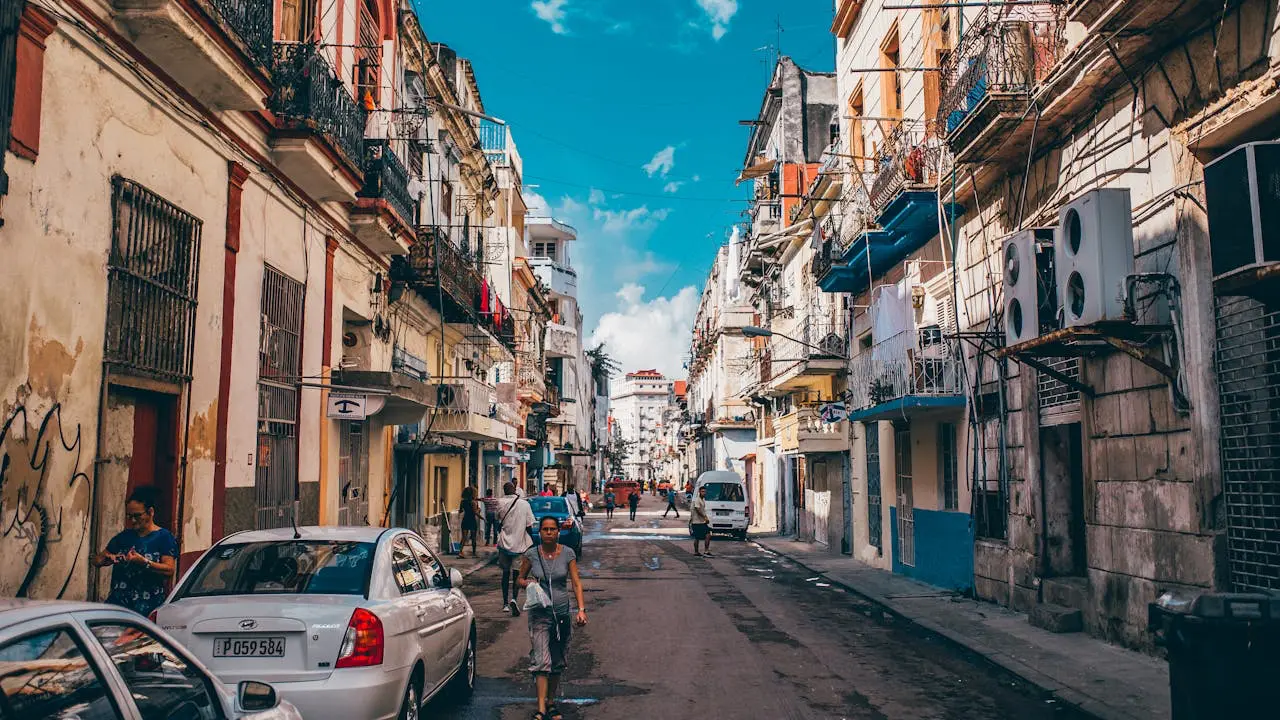
Quality of Life Index: 64.79 (moderate)
Safety Index: 64.84 (high)
Healthcare Index: 59.30 (moderate)
Pollution Index: 65.56 (high)
Crime rates are relatively low. Walking around during the day is very safe, and even at night most areas feel secure—though, as everywhere, common sense goes a long way.
Property Prices & Salaries Cuba
- Buying an apartment (city center): ~$374 per m²
- Average net monthly salary: $36 (!)
It’s clear that while the cost of property is relatively affordable, the local income is low. This is why many expats or long-stay visitors rely on savings or foreign income.
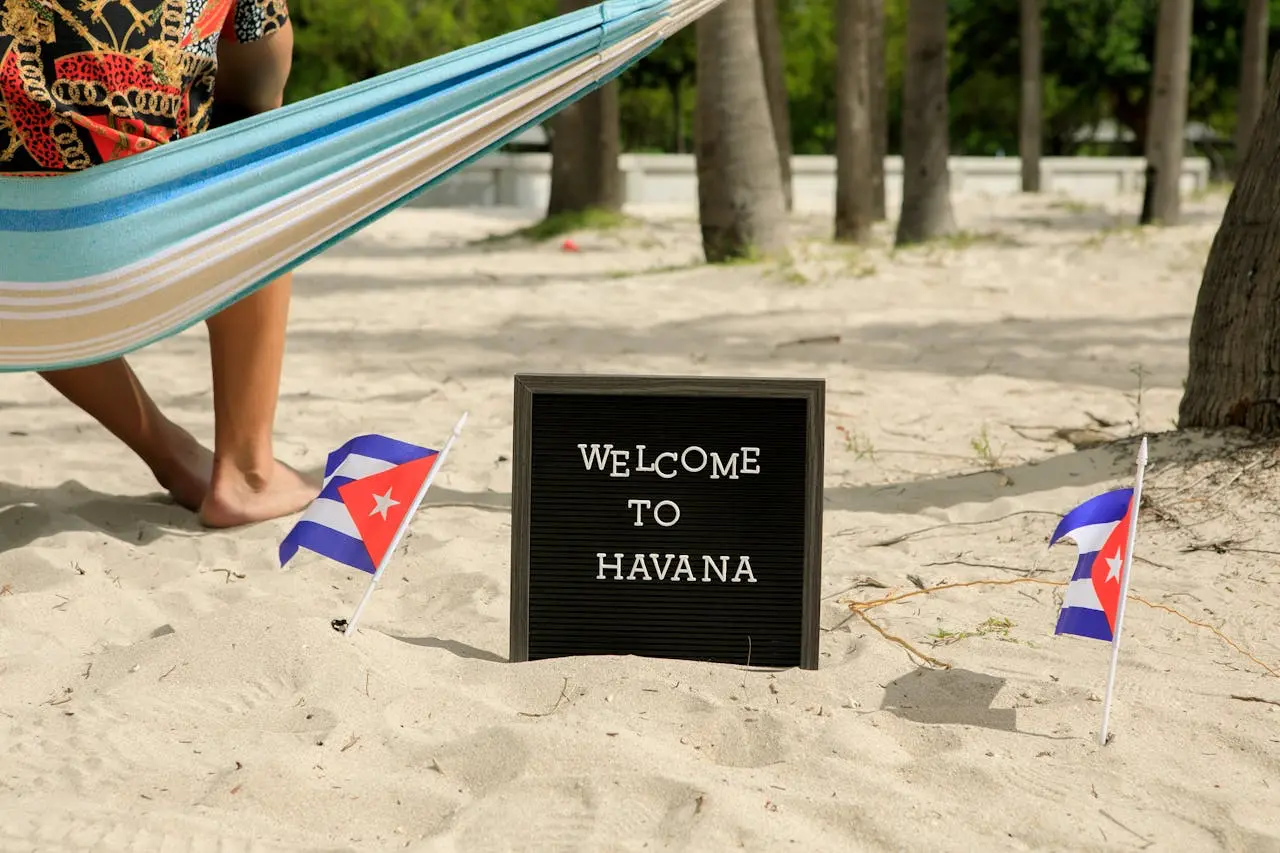
Pollution, Traffic, and Everyday Challenges
Cuba struggles with pollution—garbage disposal and water quality are often rated as only moderate. Public spaces can be a bit chaotic, but parks and green areas are comfortable enough for spending time outside.
Traffic in Havana is legendary. Commuting times average 48 minutes one-way, with cars, buses, and the occasional classic bike all part of the mix.
The Big Picture
Cuba’s cost of living looks low on paper, but you have to factor in higher prices for imported goods, slow or pricey internet, and the occasional “surprise” expense.
Still, for those chasing a slower pace and don’t mind the quirks, it’s hard to beat the lifestyle on offer—colorful streets, warm nights, and a community vibe you won’t find everywhere.
My Personal Tip for Travelers and Digital Nomads
Whenever I travel to Cuba (or really, anywhere outside my home country), I never go without a VPN.
The internet in Cuba is not just expensive—it’s also censored and unreliable at times. If you want access to your favorite sites, streaming platforms, or just want to keep your data safe, set up a VPN before you go. I recommend ExpressVPN for Cuba (link here), as it consistently works even when other VPNs fail.
For booking accommodation, stick with big international sites like Booking.com (link here) or Vrbo (link here), but always confirm your reservation and double-check the reviews—sometimes availability and communication can be tricky. Trust me, a little tech prep goes a long way in Cuba!
Sources: All cost data updated as of August 2025, from local contributors and Numbeo indexes.







